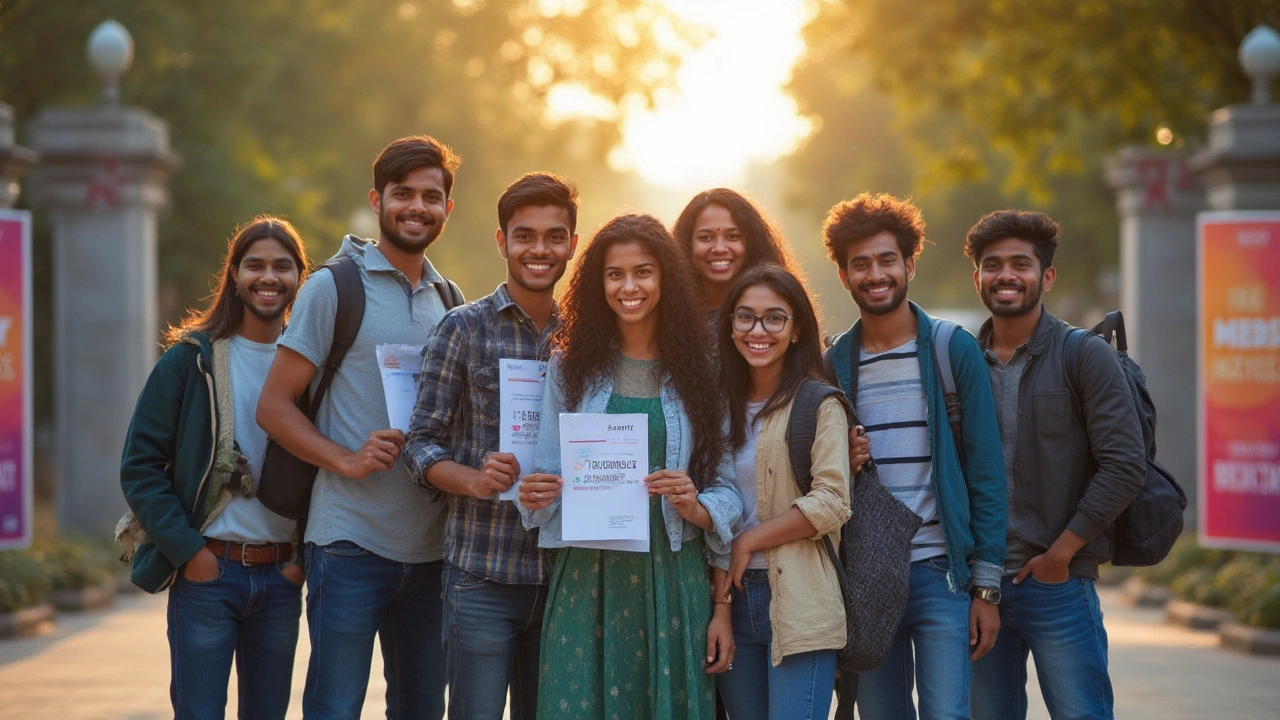
Which Doctor is Best After NEET? Choosing the Right Medical Career Path in 2025
Just cleared NEET? Discover which doctor is best after NEET, with a deep dive on fields, real career tips, and honest guidance to plan your future smartly.
Thinking about a career in health? You’ve probably heard the three big names – MBBS, BDS and BAMS – and wondered which one actually matches your interests. The choice isn’t just about a name on a certificate; it shapes how many years you study, what you pay, and the kind of patients you’ll see every day. Below we break down the core differences so you can see where each road leads.
MBBS (Bachelor of Medicine, Bachelor of Surgery) is the longest route. Most colleges run a 5‑year program plus a 1‑year internship, so you’re looking at six years before you can practice as a doctor. Fees vary widely – a government college may charge as low as ₹50,000 per year, while a private university can top ₹20 lakhs annually.
BDS (Bachelor of Dental Surgery) is a bit shorter. It usually spans four years of classroom and clinical work, followed by a one‑year internship, totaling five years. The tuition is typically lower than private MBBS, often ranging between ₹1 lakhs and ₹6 lakhs per year.
BAMS (Bachelor of Ayurvedic Medicine & Surgery) also follows a 5‑plus‑1 structure, mirroring MBBS in duration but focusing on Ayurvedic principles. Fees sit in the middle ground – government colleges might charge ₹30,000‑₹80,000 yearly, while private institutes can go up to ₹3 lakhs.
All three require you to clear a national entrance exam (NEET) after 12th grade. MBBS and BDS have a higher cut‑off because of the larger applicant pool, while BAMS cut‑offs are generally a bit lower, making it a viable option if your NEET score is decent but not top‑tier.
MBBS graduates become all‑round doctors. You can specialize in fields like surgery, pediatrics, or cardiology after a 3‑year MD/MS and further super‑specialty training. Salary starts around ₹6‑8 lakhs per year in government hospitals and can jump to ₹20‑30 lakhs in private practice or corporate hospitals.
BDS opens doors to dentistry. After the degree you can start a private clinic, join a hospital’s dental department, or pursue MDS (specialization) for higher earnings. Fresh dentists typically earn ₹3‑5 lakhs, but a well‑run clinic can bring in ₹15‑20 lakhs annually.
BAMS prepares you for Ayurvedic practice. You can work in Ayurvedic hospitals, start a wellness centre, or join pharmaceutical companies that sell herbal products. Initial salaries hover around ₹2‑4 lakhs, but those who build a strong client base or launch their own brand can earn significantly more, especially in metro areas where holistic health is booming.
Work‑life balance also differs. Dentists and Ayurvedic doctors often have more controllable schedules compared to all‑round doctors who may face night emergencies and long shifts. If you value regular hours, BDS or BAMS might feel easier to manage.
In the end, the best choice aligns with what excites you daily. Love surgery and emergency care? MBBS is the clear path. Want to fix smiles and treat oral health? BDS fits. Fascinated by natural remedies and holistic wellness? BAMS could be your sweet spot.
Whatever you pick, remember that the Indian health sector is growing fast. The government is pushing for more doctors, dentists, and Ayurvedic practitioners, especially in rural areas. That means good job security and plenty of opportunities to make a difference, no matter which degree you earn.

Just cleared NEET? Discover which doctor is best after NEET, with a deep dive on fields, real career tips, and honest guidance to plan your future smartly.